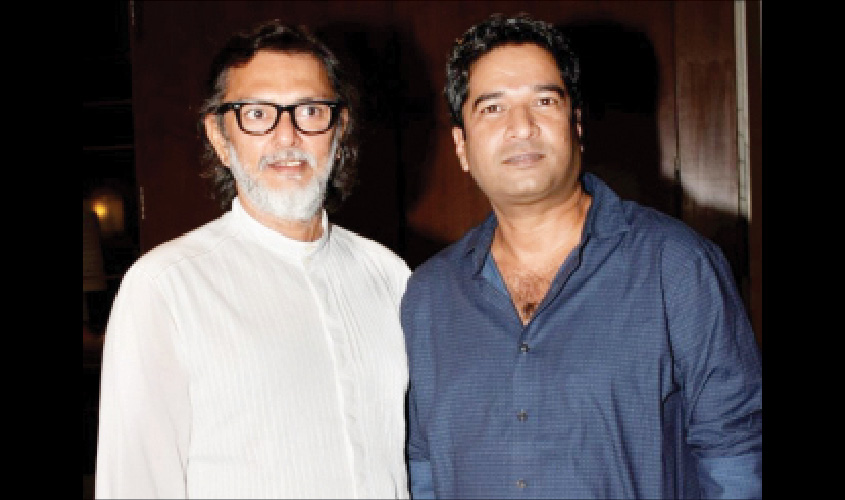Directed by Atul Manjrekar and produced by Rakyesh Omprakash Mehra, Fanney Khan addresses the issue of body-shaming and throws light on the struggles of a person who is subjected to it.
On the social relevance of the issue in today’s world, and the way it is dealt with in the film, Mehra says, “Women are subjected to a gaze. From the moment she wakes up to the moment she sleeps and even in her dreams, she’s subjected to it [body-shaming] especially if she doesn’t look a certain way. If she’s not fair, if she’s too thin or too dark, everything is an issue. We always go to ‘see’ a girl for marriage and not a boy. The conversation is centred around testimonials about her as if she’s standing on trial. Our cinema, literature and society too have propagated this stereotype. The beautiful way in which Atul has told the story is for you to interpret and experience yourself. It doesn’t point fingers against anyone but is a reflection of society.”
However, body-shaming is just one of themes of this film. Fanney Khan, essentially, is a “father-daughter story”, according to Manjrekar. He tells Guardian 20, “This story is about those small things in life which are integral to us but we do not pay attention to them. The mother is an important character in the film who keeps everything going.”
Fanney Khan is the story of every man/woman who, because of a lack of resources and opportunities, couldn’t make it big and wants to re-live those dreams and aspirations through his or her children. This is what Manjrekar underlines when he says, “It’s a common man’s story.”
“The story”, the director continues, “is about dreams and aspirations and I decided to put a musician in the centre of a changing world. There were many artists who did not get an opportunity to showcase their talent in the 1980s and 1990s. Things improved from 2000 onwards as the industry expanded. But I wondered what happened to those who couldn’t fulfil their dreams to earn their survival? Usually, our dreams are transferred to our children and that is what the story is about.”
But, since the movie also talks about body-shaming, Manjrekar is hopeful that the film will be able to start a conversation about it. He says, “About how the message will be perceived, that entirely depends on how a person perceives the story. But I am hoping that there is awareness about it, and people talk about it.”
The film is an adaptation of the Belgian film Everybody’s Famous [2000], and it took Mehra three years to finally procure its rights. “I fell in love with the story and chased the writer and director for three years and persuaded them that their work will be done justice to. Then came the discussion about who will write and direct the movie. Atul loved the subject, he took it and it took him two years to write the film. And then came the actual production,” Mehra tells us.
Mehra, who has made films like Rang De Basanti, Delhi 6, and Mirzya among others, feels that cinema must fulfil the audiences’ emotional needs. “I have always been attracted to cinema and storytelling that entertains, but goes beyond entertainment, and goes to the level that it touches you deep down. Cinema is not a need. If I take cinema out of your life, it would create a vacuum but your life would keep going on. Cinema fulfils an emotional need
inside you.”
For him, good cinema is the result of a filmmaker’s personal vision, life experiences and observations. “Atul has taken his life experiences and poured them into this work, and in a way he has also exposed himself because the audience can see the maker through his work,” Mehra says.
About being involved in the creative process of the film along with the director, Mehra says, “Being a director, I understand the insides of a director. It was obvious that I had to apply all that to the film.”
For him, Fanney Khan is an “overall film” and the audience will be able to find something or the other that they can relate to.
On the film’s soundtrack, Mehra says, “It is common man’s music.”
Fanney Khan, starring Anil Kapoor, Aishwarya Rai Bachchan, Rajkummar Rao and Pihu Sand, is a story about a father (played by Kapoor) named Prashant Sharma, also known as the “mohalle ka Fanney Khan” who wants his daughter Lata (Sand) to become the next singing sensation of India.

